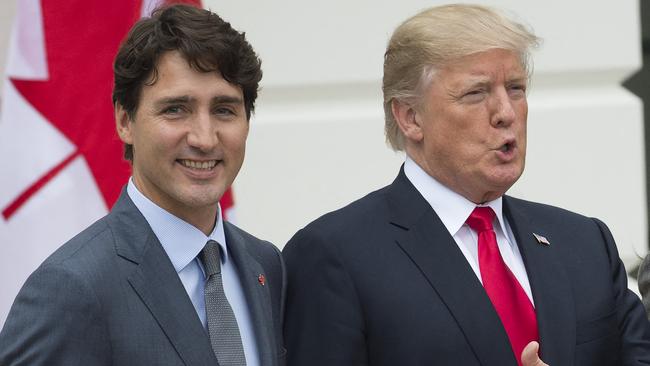
The Liberal Party of Canada is a centre-left outfit, not unlike our Labor Party. Over time, it has become increasingly obsessed with climate action, identity politics and woke preoccupations. It has taken a strong pro-migration stand and the population of Canada has grown strongly under Trudeau’s watch. House prices have risen sharply and the lack of affordable housing is a hot political topic.
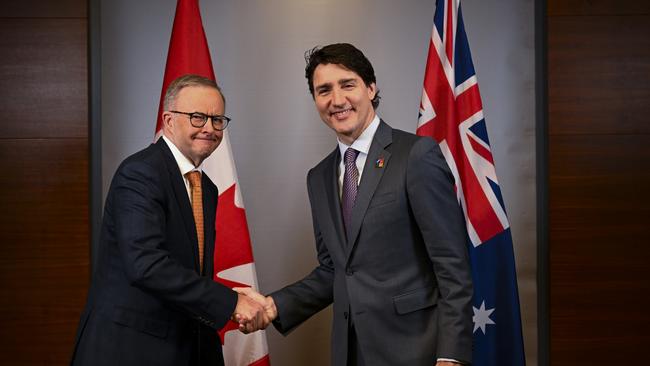
There are some strong similarities between Canada and Australia. To be sure, Canada has a slightly bigger population – 39 million compared with our 27 million – but both are federations. The provinces in Canada have more powers than our states but the difference is really just a variation on a theme. Both countries are relatively endowed with resources.
The Canadian economy has been performing badly for some time. The rate of unemployment is now close to 7 per cent, having jumped a full percentage point in a year. The federal budget is in deficit – at around 2 per cent of GDP.
Like here, inflation climbed after the government’s reaction to the pandemic and other events. But inflation looks to be under control in Canada. The central bank, the Bank of Canada, had jacked up the official interest rate to 5 per cent to achieve this but started cutting in June last year. The official interest rate is currently 3.5 per cent, which is now significantly lower than here.
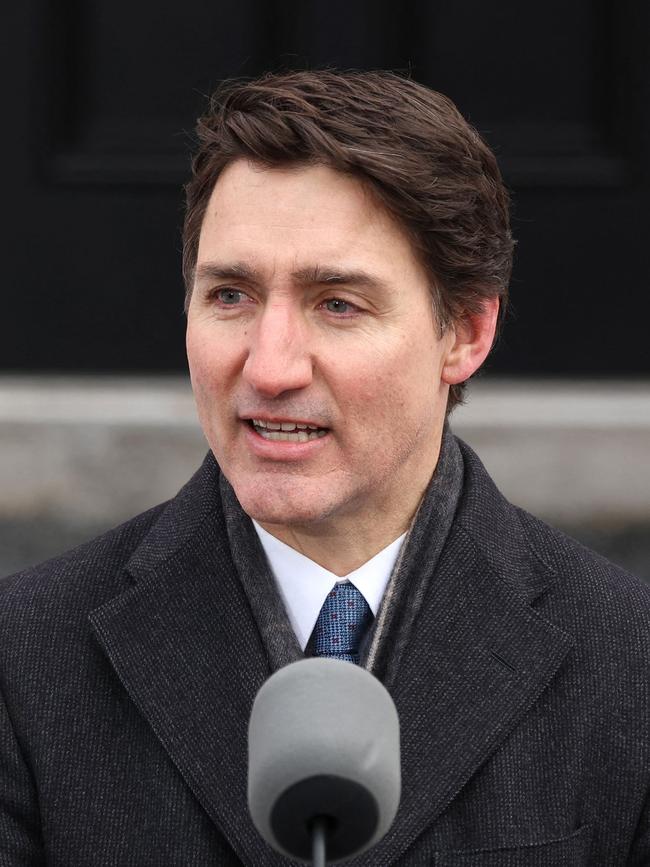
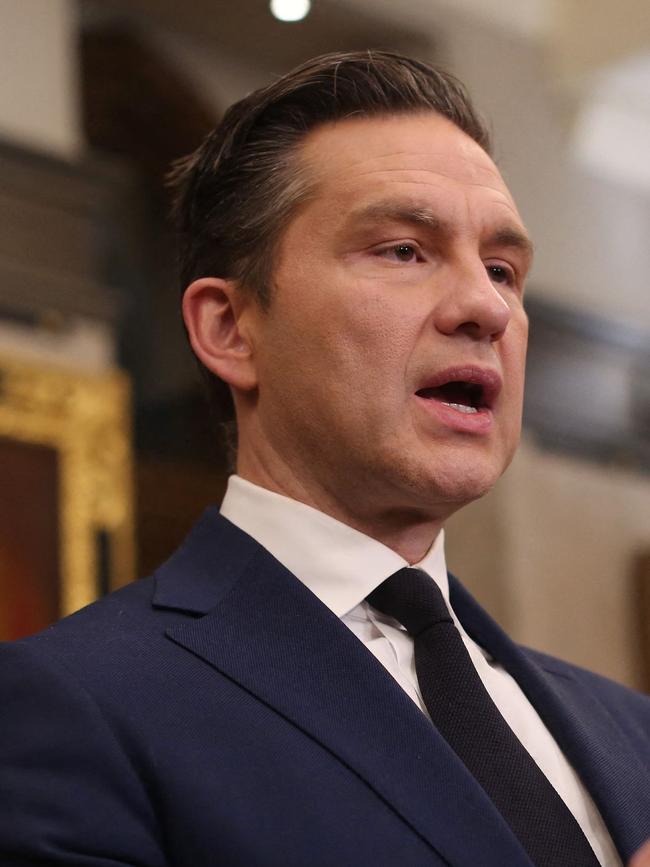
Canada’s largest trading partner is the US, with 75 per cent of all Canadian exports heading south. The automotive industry in Canada is closely connected with the industry in the US. Canada is also a large agricultural producer as well as manufacturer of chemicals and petroleum products. Energy prices in Canada are relatively cheap, in part because of its hydro assets. Canada also has nuclear power and Trudeau has sensibly sought to expand the number of nuclear plants, both small and large-scale.
Trudeau has looked like a desperate head of government for some time. Realising that huge migrant intakes are unpopular with most voters, he has sought to restrict the numbers, including by setting caps on international student numbers. He talks a lot about increasing the supply of housing while achieving very little and he has changed his tune on crime – he now talks tough – which is also a sensitive political issue in parts of Canada.
The fact is that the Leader of the Opposition, Pierre Poilievre, of the Conservative Party of Canada, can outperform Trudeau on all these issues. In particular, Poilievre has gained popularity by focusing on cost-of-living issues and pledging to remove the rising carbon tax which was introduced by the Trudeau government. He first came to prominence when he took a principled stand against Trudeau’s extreme and unjustified Covid-related restrictions.
One of Trudeau’s last desperate acts was to insist on a pause in the rate of GST on certain items for a month from mid-December last year. Evidently, this decision was not supported by the finance minister, Chrystia Freeland, who was subsequently demoted by Trudeau and then resigned. She was right – the move would only alter the timing of spending, would be potentially inflationary and costly to the budget – and he was wrong.
The final blow to Trudeau was the election of Donald Trump. Talk about a bad fit, those two. With the threat of the US imposing tariffs hanging over Canadian exports, the time is ripe for a new Canadian prime minister who has a better rapport with and understanding of Trump. Farewell, Justin: you can now join your father in the pantheon of political figures in Canada.



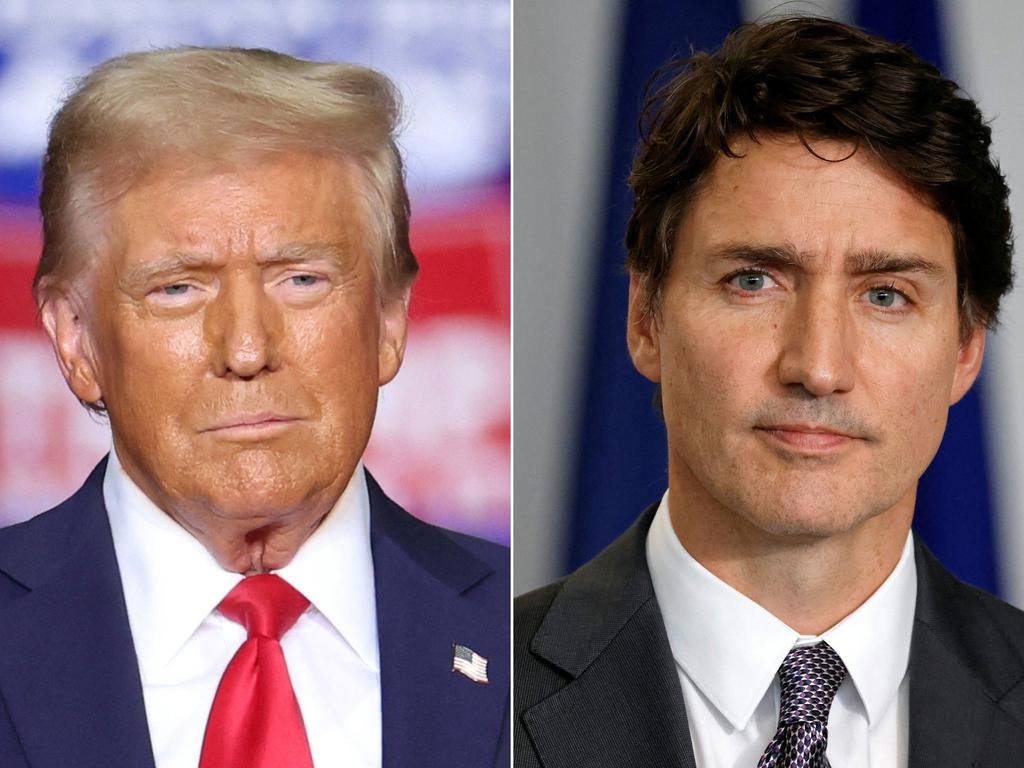
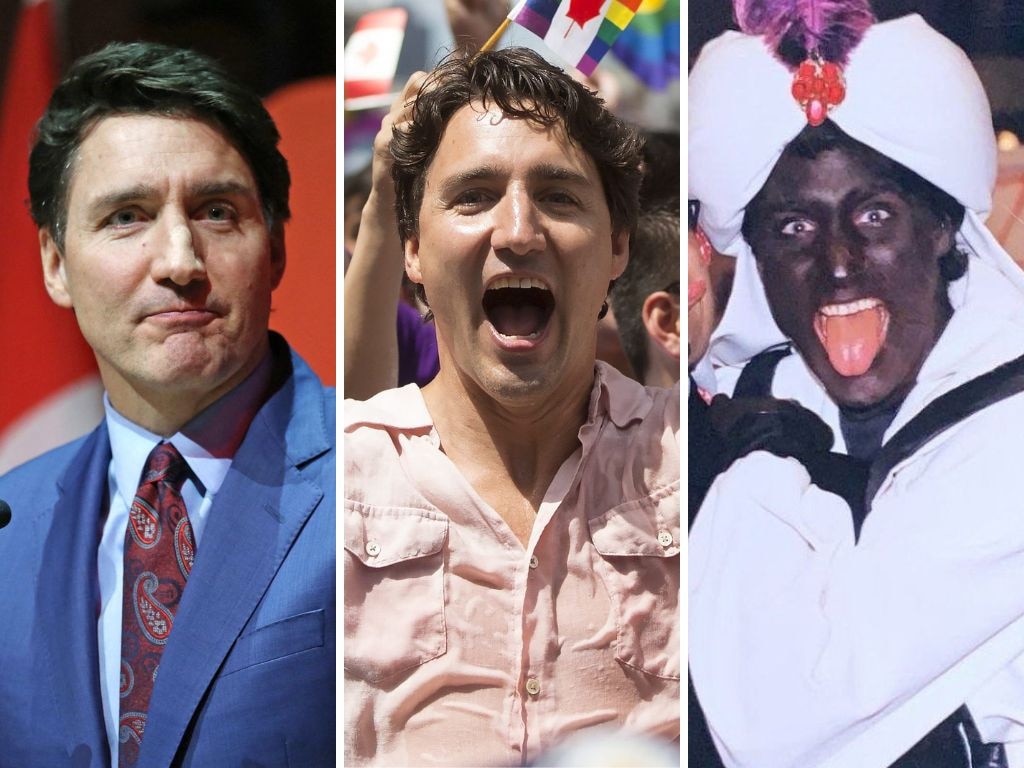


No one should be surprised that Justin Trudeau will step down as Prime Minister of Canada because his fellow parliamentarian colleagues from the Liberal Party of Canada would have ensured this outcome in any case. His time was up and not just because all the recent polling suggests that his party is about to be trounced at the next election.